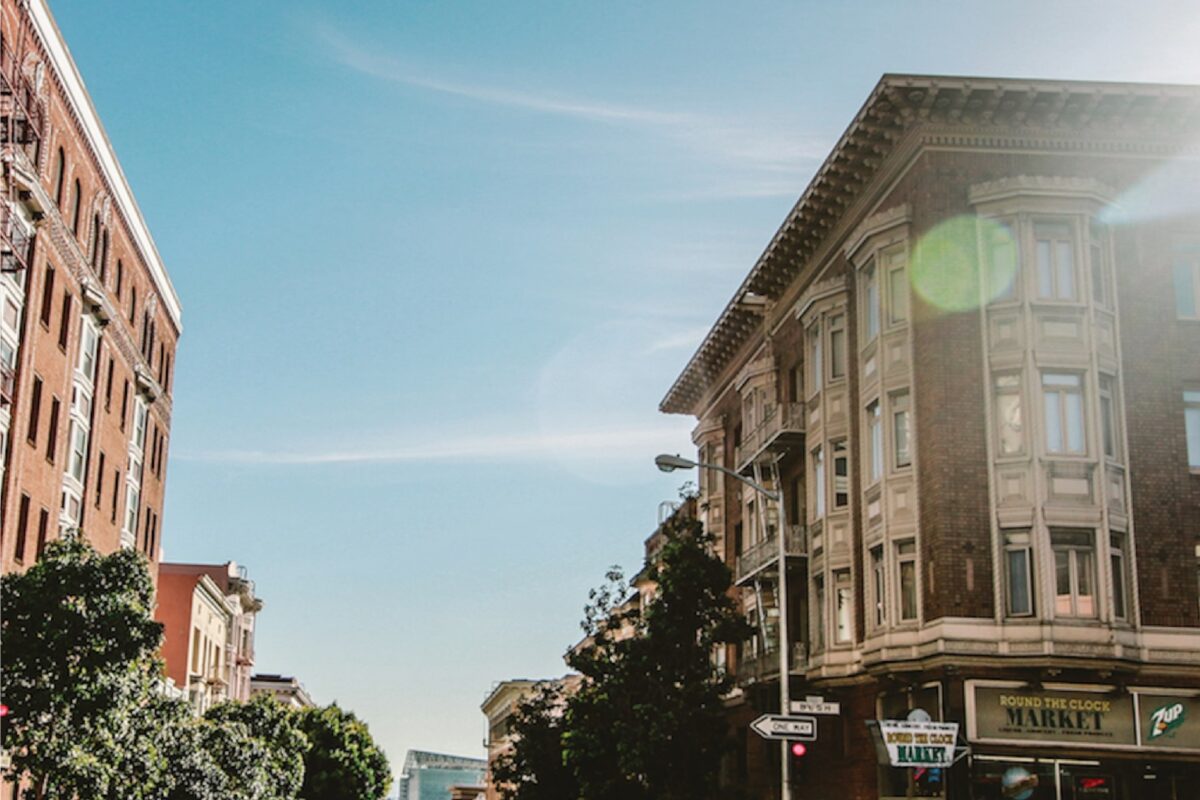Urban Healthy Food Coalition
TCAH Urban Healthy Food Coalition

Why the Urban Healthy Food Coalition (UHFC)?
Addressing the Hunger Crisis in NYC
New Yorkers, particularly vulnerable New Yorkers, do not live single-issue lives and, as such, need strategic multifaceted solutions. This holds true in the fight to address poverty, food insecurity, and local food systems issues in low-income, and communities of color throughout the city. Before the devastation and hardship experienced by the global Covid19 pandemic, vulnerable New Yorkers were struggling to make ends meet and increasingly turning to already overburdened emergency food programs as a means of survival.
Study after study shows the rising cost of living in New York City, rampant racial and economic inequity, growing employment, access and distribution issues within the emergency feeding program, and significantly increased use of food pantries and soup kitchens. The current political and economic climate has created a volatile environment for food-insecure families. Close to 1 million New Yorkers experience severe food hardship, with 2.3 million experiencing moderate food hardship.
“The Covid crisis has only shed light on the longstanding problem of hunger within vulnerable communities. Communities have long been neglected, and it’s time we take action.”
– Dr. Melony Samuels, TCAH CEO & Founder
What is the Urban Healthy Food Coalition (UHFC)?
Tackling Hunger through Partnerships
- The Urban Healthy Food Coalition is a community of food justice leaders working to tackle food and economic insecurity within underserved and marginalized communities across NYC.
- Since March 2020, TCAH has established 250 new community partnerships as a strategy for rapidly expanding our footprint across the neighborhoods most in need. Community organizations serve as thought partners, trusted food access and distribution sites, and spaces for continued engagement, education, training, and collaboration with hard-to-reach and vulnerable communities.
- The project partnership strengthens the distribution of nutrient-rich foods and fresh produce, builds local partnerships with trusted community organizations for distribution, education, and expanded benefits screening and access, and makes linkages between community members in high-needs neighborhoods and key sectors of New York City’s food system including farmers, nonprofit food distributors, and local food business and entrepreneurs.
- The coalition addresses the local distribution and aggregation issues within the emergency feeding network in NYC.
- Urban Healthy Food Coalition and community food distribution network members participate in training and capacity building facilitated by TCAH.
- Partners collaborate to identify community leaders and addothercal food systems development partners from a cross-section of resources within the community. This includes local businesses, elected leaders, families, faith-based institutions, youth groups, senior citizens centers, bodegas, and many others.
- Partner sites not only commit to operating as a distribution local but to amplify the leadership of our most vulnerable community members with a focus on BIPOC communities.
- Project partners participate in regular coalition meetings and strategy sessions.
- Partners have community members that engage as coalition representatives and reach beyond the scope of the coalition space for community input. Coalition partners should facilitate community interviews, forums, town halls, focus groups, post food pick-up surveys, and story collection efforts to inform and incorporate into program evaluation, assessment efforts, and subsequently program improvements.

